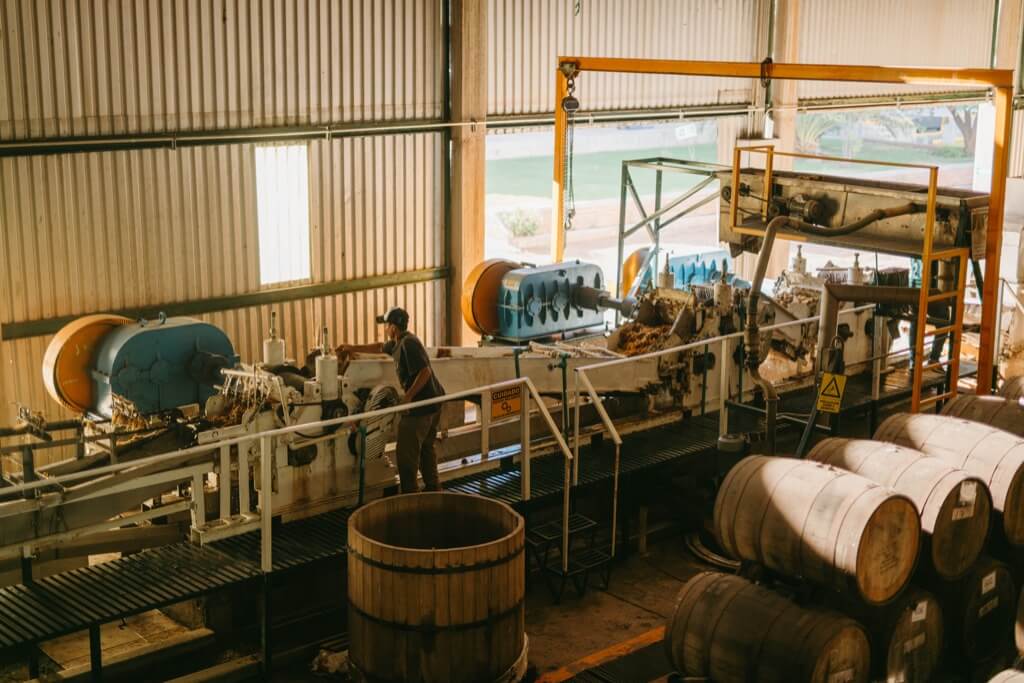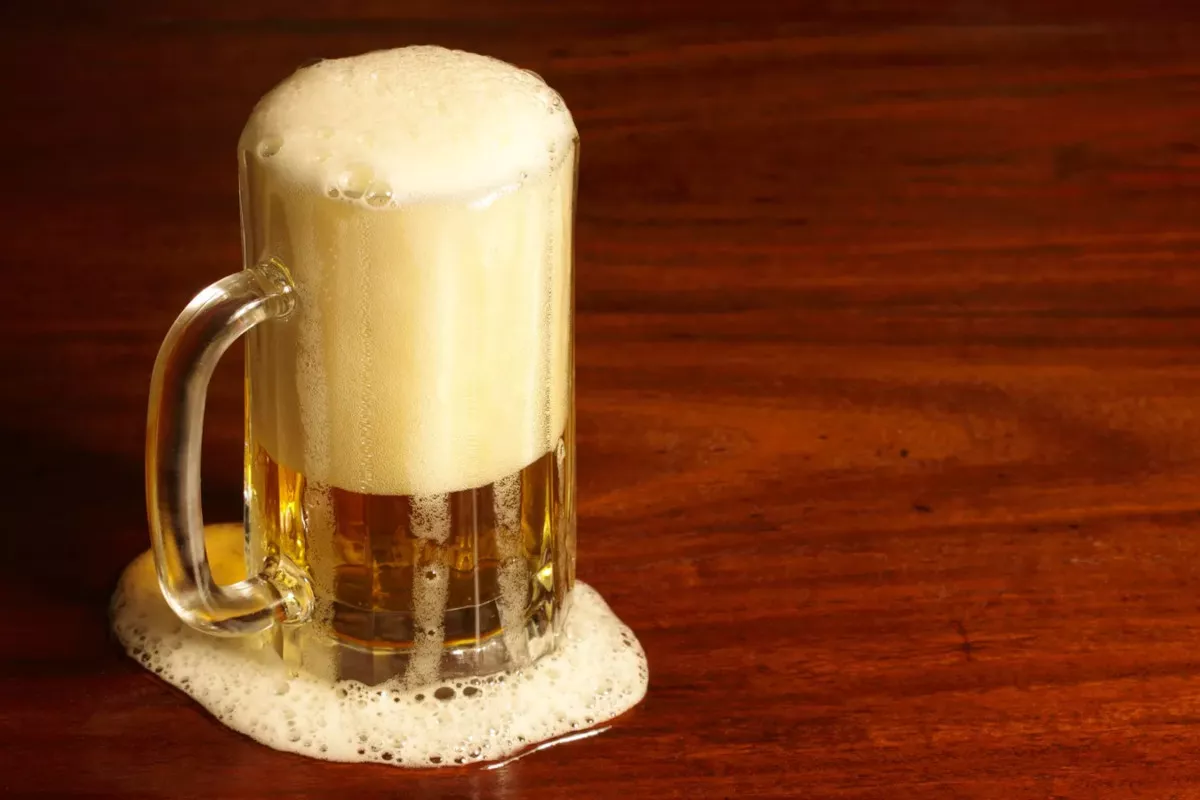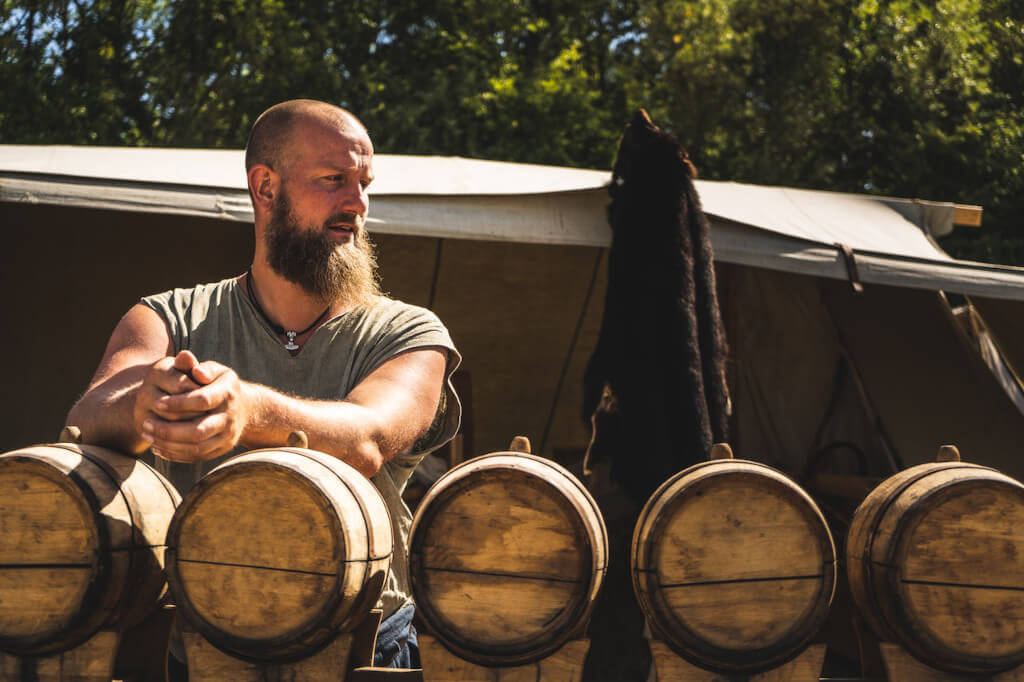The age-old art of whiskey production is experiencing a transformation, with Artificial Intelligence (AI) emerging as a key player. This innovative technology, renowned for its precision and analytical capabilities, is now poised to redefine the traditional methods of creating one of the world’s most beloved spirits.
AI steps into the initial stage with a promise of revolutionizing the selection process. It employs sophisticated algorithms to analyze the molecular composition of grains, identifying those best suited for whiskey production. This meticulous approach ensures that only the finest grains contribute to the flavor profile of the whiskey. Additionally, AI’s involvement extends to water analysis, examining its composition to guarantee it complements the chosen grains, further enhancing the whiskey’s quality. The selection of yeast, pivotal for fermentation, is another area where AI’s data-driven approach can identify the optimal strains, each imparting unique characteristics to the final product.
The manufacturing of whiskey, encompassing mashing, fermentation, and distillation, is where AI truly shines. By constantly monitoring and adjusting the conditions during the mashing and fermentation phases, AI ensures that these critical processes are carried out with utmost precision, leading to a consistent and high-quality output. In distillation, AI’s role becomes even more prominent. It meticulously controls the temperature and pressure, fine-tuning the process to capture the essence of the whiskey. This level of control results in a product that not only meets but often exceeds traditional quality standards.
Arguably the most crucial phase in whiskey production is aging. It is during this stage that whiskey acquires its distinct flavors and aromas. AI intervenes here by embedding sensors into barrels, which continuously record data on temperature, humidity, and other environmental variables. Analyzing this data enables distillers to optimize the aging conditions, tailoring them to achieve the desired flavor profile. This AI-driven approach promises a consistently superior product, batch after batch.
Quality control is the backbone of whiskey production. AI elevates this process by rigorously analyzing each production step for any anomalies or imperfections. It scrutinizes the whiskey’s aroma and color, comparing them against established standards to ensure each batch aligns with the desired characteristics. Such comprehensive checks guarantee that the whiskey not only meets but also maintains the highest quality standards, satisfying both regulatory requirements and consumer expectations.
The Pros and Cons Of AI In Whiskey Production
Pros:
- AI significantly boosts production efficiency by automating and optimizing various processes, from ingredient selection to aging.
- It ensures a high degree of consistency in the whiskey’s quality, flavor, and aroma, batch after batch, by closely monitoring and adjusting production parameters.
- AI’s ability to analyze vast amounts of data helps distillers make informed decisions about ingredient selection and process adjustments.
- Predictive analytics can forecast trends and consumer preferences, allowing distilleries to stay ahead in a competitive market.
- AI can optimize resource use, leading to more sustainable production practices. This includes efficient use of water, energy, and raw materials.
- It can help in reducing waste and carbon footprint, aligning whiskey production with environmental sustainability goals.
- AI enhances quality control by precisely analyzing and detecting any deviations in the whiskey’s characteristics.
- It enables the exploration of new whiskey flavors and profiles through experimental and data-driven product development.
- AI can help distilleries quickly adapt to changing market demands, potentially leading to increased market share and profitability.
- The integration of AI in production can attract tech-savvy consumers who value innovation in traditional industries.
Cons:
- Over-reliance on automation may lead to a decrease in human expertise and skills traditionally associated with whiskey making.
- The uniformity brought by AI might limit the unique variations that often give small-batch whiskeys their distinct character.
- The cost and complexity of implementing and maintaining sophisticated AI systems can be prohibitive for smaller distilleries.
- There’s a risk of data overload, where the sheer volume of information processed by AI becomes overwhelming and difficult to translate into practical strategies.
- The initial setup for AI-integrated systems may require significant resources and energy, potentially offsetting some of the sustainability benefits in the short term.
- Dependence on technology for sustainability goals may detract from traditional methods that are inherently eco-friendly but less efficient.
- AI systems might not fully grasp the nuances of sensory evaluation that experienced human distillers possess.
- The focus on data-driven product development could overshadow the art and intuition that have historically driven whiskey innovation.
- There may be skepticism or pushback from whiskey purists who value traditional methods over technological integration.
- The perceived “industrialization” of whiskey-making might lead to a loss of appeal for consumers who cherish the artisanal and historical aspects of whiskey production.
Anticipating Enhanced Production Efficiency by 2030
By the year 2030, you can expect AI to further refine the efficiency of whiskey production. Imagine a world where the time from grain to glass is significantly reduced without compromising the spirit’s quality. For you, this means more diverse whiskey offerings hitting the market at a faster rate. This efficiency doesn’t just benefit the distilleries; it ensures that you, the consumer, have access to a broader range of whiskeys to suit your evolving tastes. The meticulous control AI provides over the production process ensures that each bottle you open meets your high expectations for quality and flavor.
AI’s predictive capabilities could revolutionize how whiskey is crafted, with personalization taking center stage. Imagine AI systems that can predict and tailor whiskey flavors based on your individual preferences. This isn’t just about creating a whiskey that you might like; it’s about crafting spirits that are uniquely suited to your palate. This level of personalization means that you could have a whiskey shelf at home, each bottle reflecting different facets of your taste preferences.
Sustainable Whiskey Production as the Standard
Sustainability is an ever-growing concern, and by 2030, AI could be instrumental in making whiskey production more eco-friendly. For you, this means enjoying your favorite drink while knowing that its production aligns with your values regarding environmental stewardship. AI’s resource optimization means less waste and a smaller carbon footprint, ensuring that the natural resources you cherish are preserved for future generations. Your choice in whiskey will no longer just be about flavor and tradition but also about supporting sustainable practices.
The future promises even more stringent quality control, thanks to AI’s evolving capabilities. By 2030, AI could offer a level of precision in quality assurance that is currently unimaginable. For you, this means the whiskey in your glass will have passed through an even more rigorous set of quality checks, ensuring every sip is as perfect as the last. The confidence you’ll have in the quality of each bottle will allow you to explore new brands and expressions without hesitation, knowing that the AI behind their production upholds the highest standards.
The future holds a promise of a new era in the whiskey world, one where the essence of whiskey-making is enhanced by technological advancements. This evolution is not just about changing how whiskey is made; it’s about enriching your experience as a consumer. You can look forward to a time when your love for whiskey is met with products that are not only of the highest quality but also resonate with your individual preferences and environmental consciousness.





